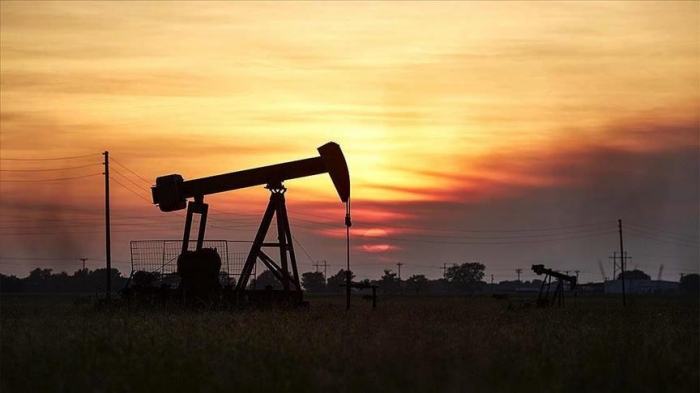Brent crude futures fell 27 cents, or 0.3%, to $95.92 a barrel by 0342 GMT, after falling $1.73 in the previous session.
U.S. West Texas Intermediate crude was at $90.73 a barrel, down 40 cents, or 0.4%, after losing $1.51 in the previous session.
The dollar gained on Tuesday, with worries about rising interest rates and geopolitical tensions unsettling investors.
A strong greenback reduces demand for oil by making it more expensive for buyers using other currencies.
Rate increases to date were starting to slow the economy and the full brunt of tighter policy would not be felt for months to come, Fed Vice Chair Lael Brainard said on Monday.
"Strong jobs data has strengthened expectations of another 75 basis points rate hike at next month's Fed meeting, leaving downside risk for global oil demand," said ANZ Research analysts in a note.
The sustained zero COVID-19 policy in China ahead of the Communist Party Congress is "not helping" demand, the analysts added.
COVID-19 cases in the world's second-largest oil consumer rose to their highest since August. Its services activity in September contracted for the first time in four months, as pandemic restrictions weighed.
Thousands of cases caused by the highly transmissible Omicron sub-variants BF.7 have been reported in Inner Mongolia since the start of October, turning the region into the country's latest COVID epicentre.
Capping losses, the Organization of the Petroleum Exporting Countries and allies including Russia, together known as OPEC+, decided last week to lower their output target by 2 million barrels per day, further raising concerns about tightening oil supplies.
"More critical is the bullish signal OPEC+ sends here by responding to short-term market dynamics and trying to stabilise or raise prices despite the medium view that demand growth will outpace supply growth for the remainder of the year," said Stephen Innes, managing partner at SPI Asset Management.
"We are back on the teeter-totter trying to weigh this week's economic demand malaise versus tight market," Innes added.
EU sanctions on Russian crude and oil products will take effect in December and February, respectively, while the bloc last week gave its final approval for a new batch of sanctions against Russia including a price cap on Russian oil exports.
India maintains a "healthy dialogue" with Russia and will look at what is offered following an announced ownership revamp to the Sakhalin-1 oil and gas project, Petroleum Minister Hardeep Singh Puri told Reuters.
On Friday, Russia issued a decree allowing it to seize Exxon Mobil's 30% stake and gave a Russian state-run company the authority to decide whether foreign shareholders including India's ONGC Videsh can retain their participation in the project.
More about:















































